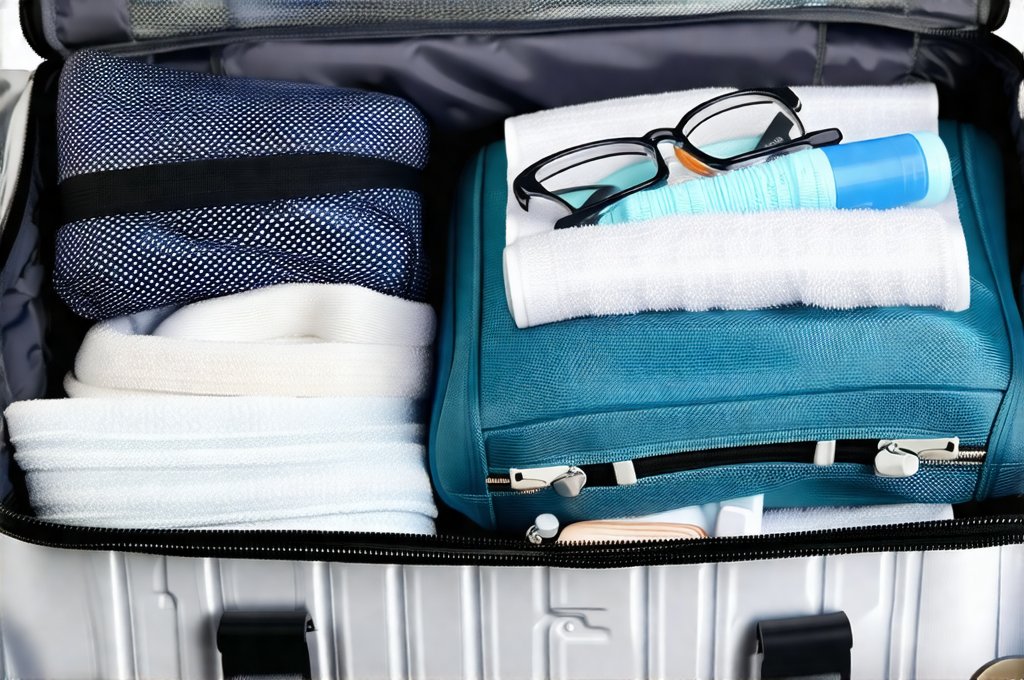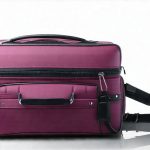Traveling can be an incredibly enriching experience, opening us up to new cultures, sights, and memories. However, for individuals managing chronic conditions like sensitive bladder (overactive bladder or urge incontinence), the prospect of travel can bring about anxiety and logistical concerns. The fear of accidents, limited access to restrooms, and disruptions to routines are all valid worries that can significantly impact enjoyment. Planning becomes more complex when factoring in potential emergencies and ensuring a comfortable journey. But with careful preparation and a proactive approach, traveling with a sensitive bladder can be manageable and even enjoyable.
This isn’t about letting a health condition dictate your life; it’s about adapting strategies to minimize stress and maximize freedom while exploring the world. It requires acknowledging the specific needs associated with a sensitive bladder and building a travel plan around those needs. This means packing strategically, researching facilities along your route, and understanding how to manage potential flare-ups while away from home. The goal is to empower you with knowledge and tools so you can confidently embark on adventures without being held back by concerns about urinary urgency or incontinence. If you are worried about UTIs during travel, learning how to avoid them is a good place to start.
Essential Packing List for Bladder Health on the Go
Packing isn’t just about clothes; it’s about preparedness. Beyond your usual travel essentials, a dedicated bladder health kit is crucial. This should include several key items to offer reassurance and address potential issues discreetly. – Absorbent undergarments (disposable or washable) are paramount. Choose products that suit your level of incontinence and provide comfort during travel. Pack more than you think you’ll need – unexpected delays can happen! – Wet wipes and disposable gloves for quick clean-up if needed, offering both hygiene and peace of mind. – A change of underwear and comfortable clothing (dark colors are ideal) to minimize embarrassment in case of an accident. – Travel-sized bladder control medication or any prescribed medications you regularly take; always carry these in your hand luggage, not checked baggage. – A portable bidet or travel spray for personal hygiene, especially useful if restroom facilities are limited.
Don’t underestimate the power of a well-stocked kit to reduce anxiety and allow you to focus on enjoying your trip. Consider packing a small, waterproof bag to keep these items organized and easily accessible during flights or long journeys. It’s also wise to have a list of nearby hospitals or pharmacies at your destination, just in case. Finally, remember that discretion is key – pack everything neatly and consider using opaque bags to maintain privacy. Knowing what to avoid during a potential infection can also be helpful.
Planning Your Route & Restroom Access
Planning isn’t limited to flights and accommodation; it extends to restroom accessibility along your route. Before you travel, research the availability of restrooms at airports, train stations, rest stops, and points of interest along your journey. – Use apps or websites that map out public restrooms (there are many available specifically for this purpose). – Identify potential “safe spots” – cafes, shopping malls, libraries – where you can easily access a restroom if needed. – If driving, plan your route with frequent stops in mind, even if they aren’t strictly necessary; it’s better to be prepared.
When booking flights or train tickets, consider requesting seats near restrooms (although this isn’t always guaranteed). During long journeys, don’t hesitate to ask flight attendants or conductors about restroom locations and accessibility. If you have a specific need for frequent restroom breaks, communicate this politely – most travel staff are happy to accommodate passengers with health concerns. Remember that planning ahead can significantly reduce anxiety and make your journey more comfortable. Being able to accurately track symptoms using a bladder diary will help you understand triggers as well.
Managing Flare-Ups While Traveling
Even with meticulous preparation, flare-ups can occur. Knowing how to manage them is essential. – Stay Hydrated: It might seem counterintuitive, but dehydration can actually worsen bladder symptoms. Drink consistent amounts of water throughout the day, avoiding excessive caffeine or alcohol, which are known bladder irritants. – Empty Your Bladder Regularly: Don’t wait until you feel an urgent need to go; empty your bladder on a schedule (every 2-3 hours) to prevent accidental leaks. This practice is often called “timed voiding.” – Practice Pelvic Floor Exercises (Kegels): These exercises can strengthen the muscles that support your bladder and urethra, helping to control urgency and leakage. Continue doing Kegel exercises during travel, discreetly when you’re seated or waiting.
If a flare-up does occur, remain calm and find a private place to address it. Use the items in your bladder health kit to clean up and change if necessary. Don’t be afraid to seek assistance from travel staff if needed; they are accustomed to dealing with unexpected situations. Remember that a temporary setback doesn’t have to derail your trip – stay positive and focus on enjoying the experience. Understanding how to handle exercise while traveling is also important, as physical activity can sometimes trigger symptoms.
Dealing with Airport Security & Travel Anxiety
Airport security can be a source of stress for anyone, but especially for those managing sensitive bladder conditions. – Inform TSA Agents: If you are carrying medical supplies or assistive devices, inform the TSA agents during screening. You may need to explain what they are and why you’re carrying them. – Request Private Screening: If you’re concerned about privacy or feel uncomfortable with standard security procedures, politely request a private screening. Most airports will accommodate this request. – Stay Calm & Breathe: Anxiety can exacerbate bladder symptoms. Practice deep breathing exercises or mindfulness techniques to stay calm and relaxed during the security process.
Travel anxiety is also common. Remember that you’ve prepared for potential challenges and have a plan in place. Focus on the positive aspects of your trip and remind yourself that accidents are manageable. Don’t let fear hold you back from exploring new places – with careful planning and a proactive approach, you can enjoy a fulfilling travel experience despite having a sensitive bladder.
Minimizing Dietary Triggers During Travel
Certain foods and beverages can irritate the bladder and worsen symptoms. Be mindful of your diet while traveling. – Avoid Caffeine: Coffee, tea, and caffeinated sodas are known bladder irritants. Opt for herbal teas or water instead. – Limit Alcohol Consumption: Alcohol can also exacerbate bladder symptoms. If you choose to drink alcohol, do so in moderation. – Reduce Citrus Intake: Citrus fruits and juices can sometimes irritate the bladder. Consider alternatives like apples or pears. – Avoid Spicy Foods: Spicy foods can trigger urgency and discomfort. Opt for milder options when dining out.
Pack healthy snacks that are gentle on your bladder, such as crackers, plain yogurt, or bananas. When ordering food at restaurants, don’t hesitate to ask about ingredients and request modifications if needed. By making informed dietary choices, you can minimize the risk of flare-ups and enjoy a more comfortable travel experience. Knowing what to eat and drink after a potential infection will help you recover quickly.





















